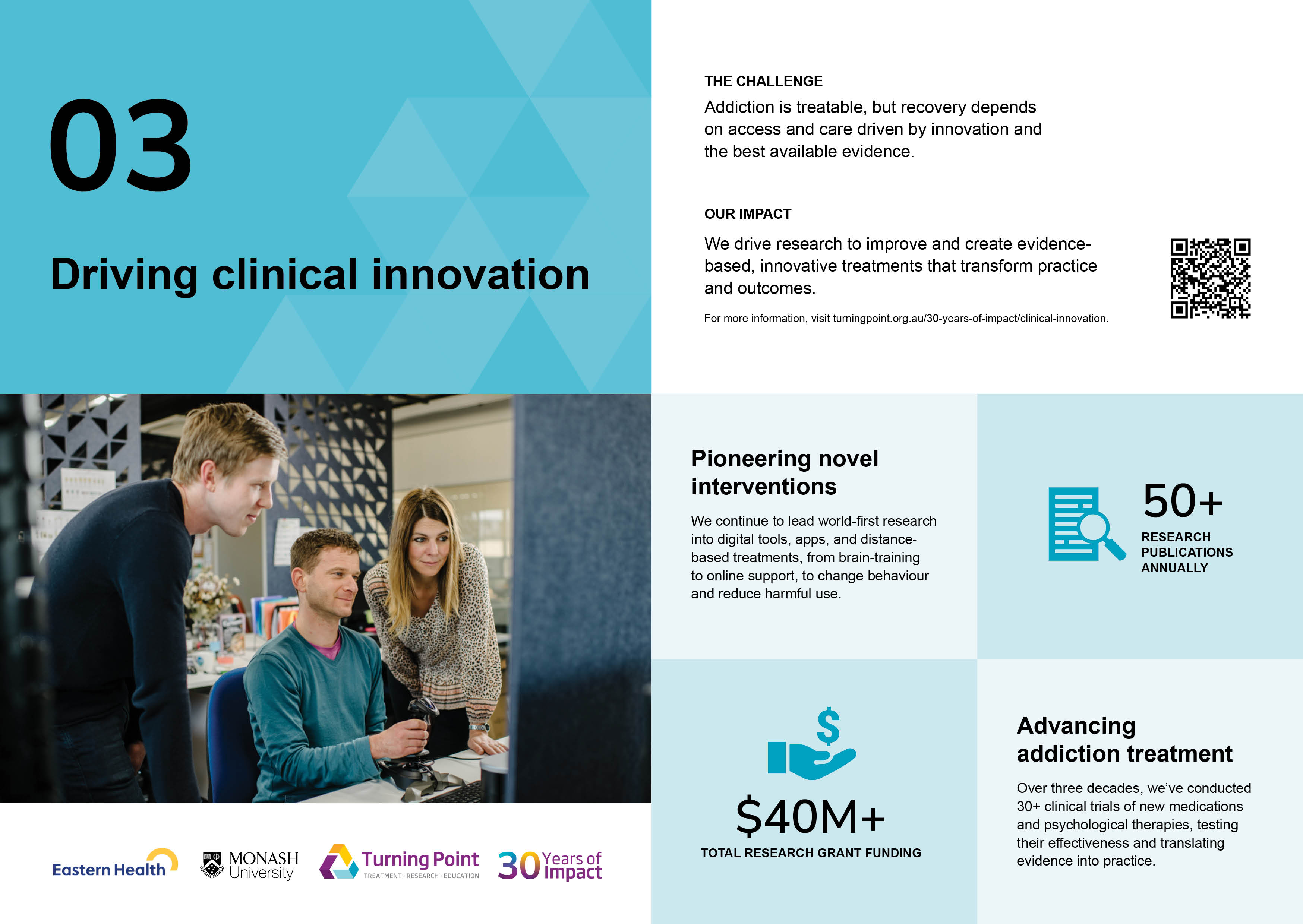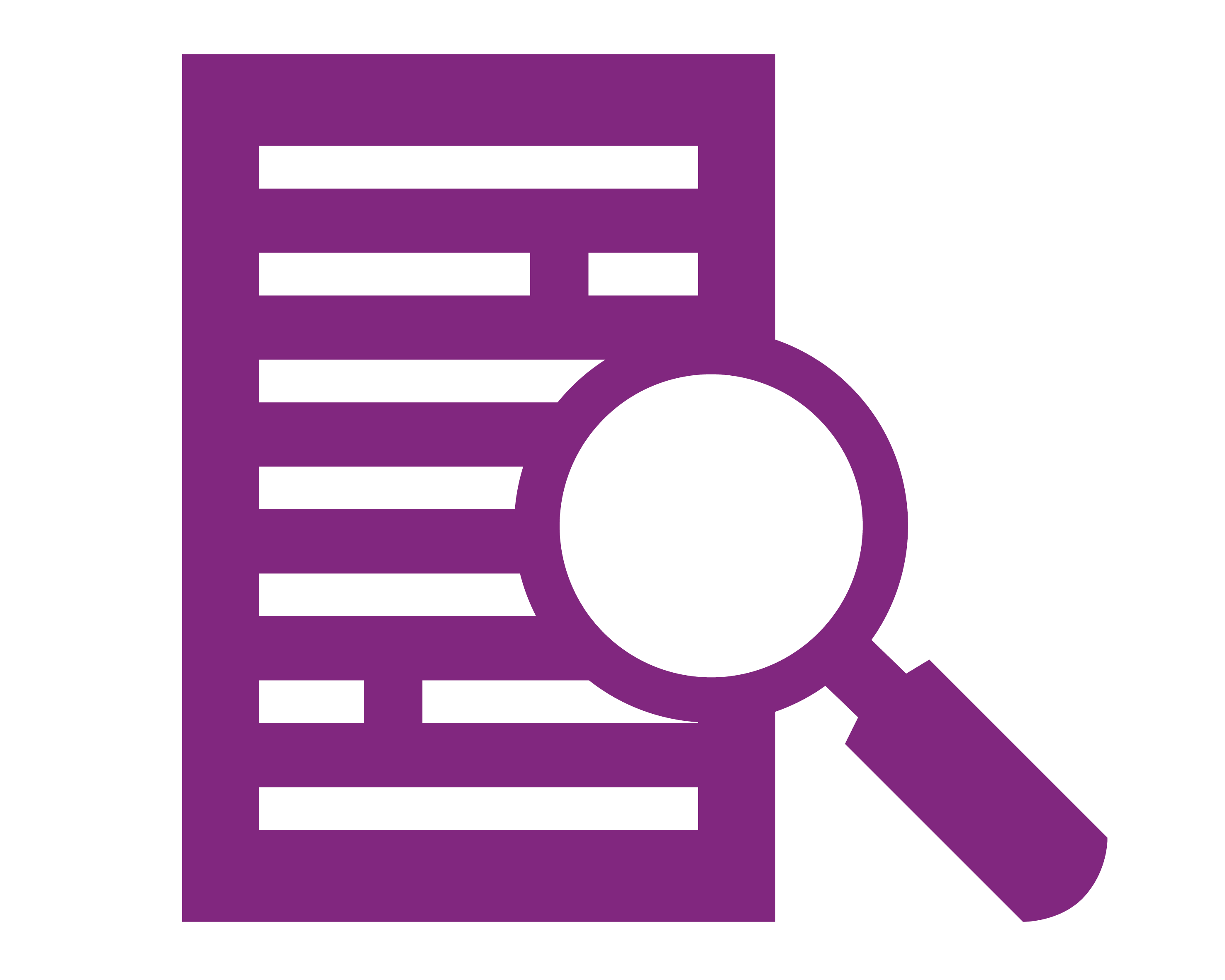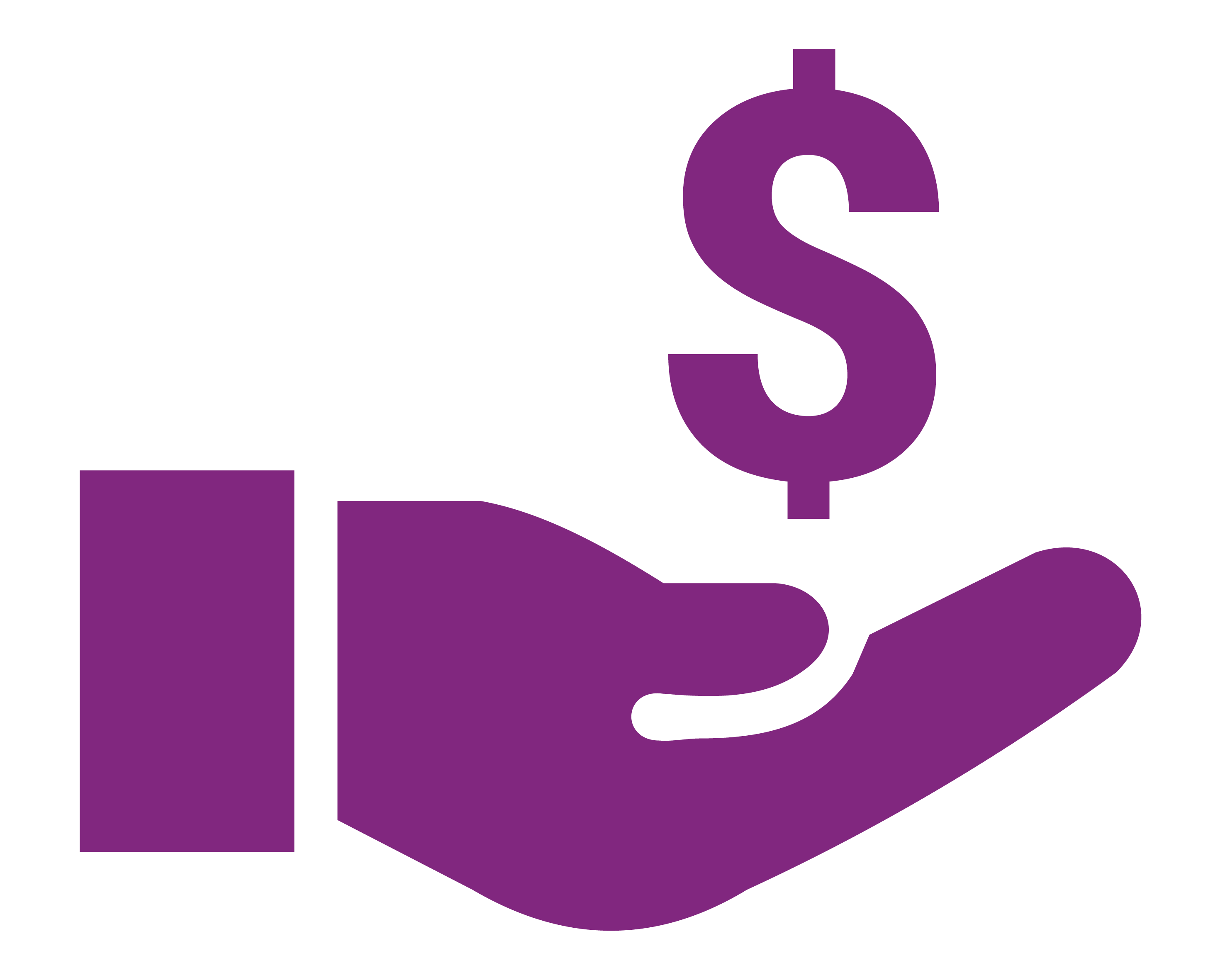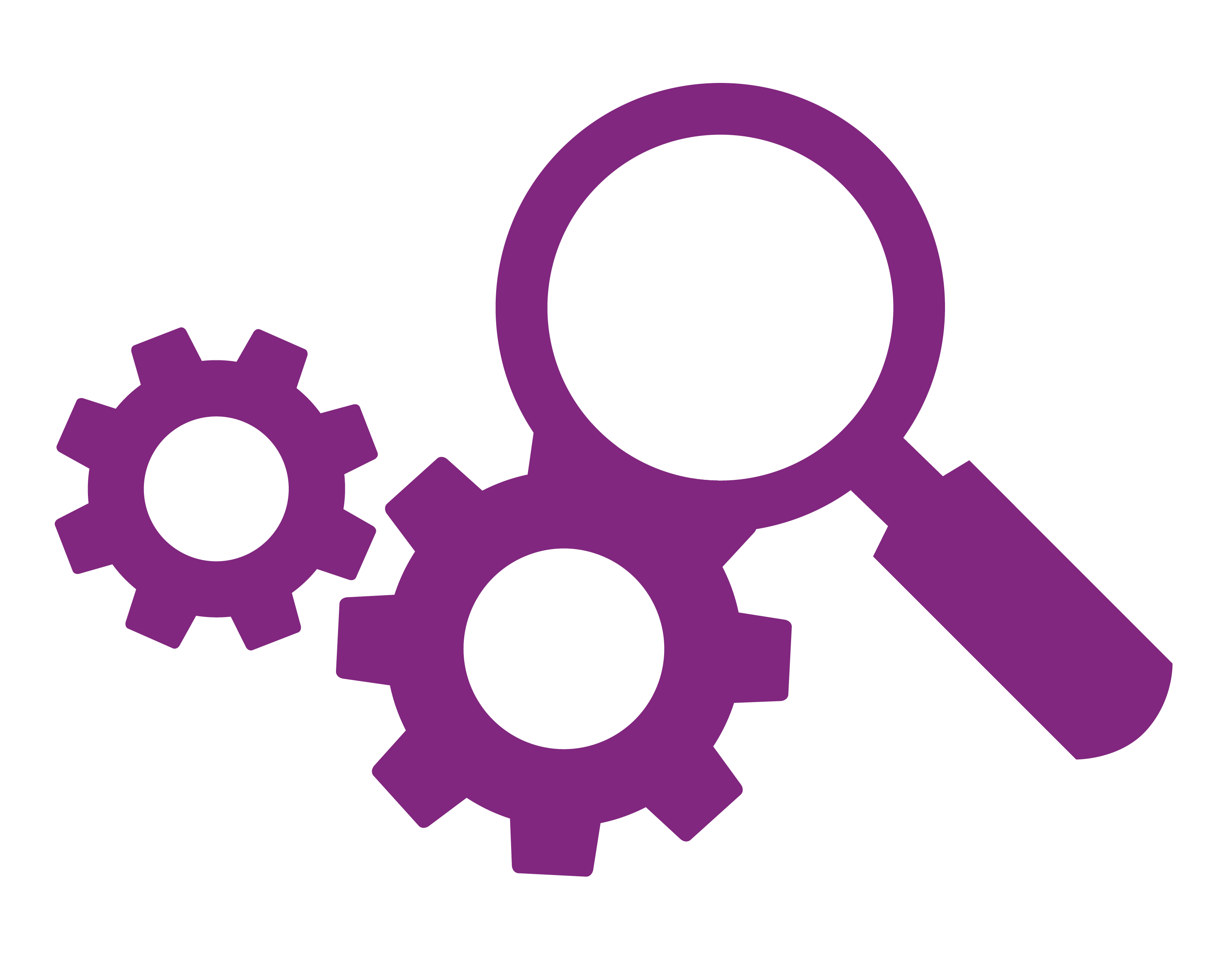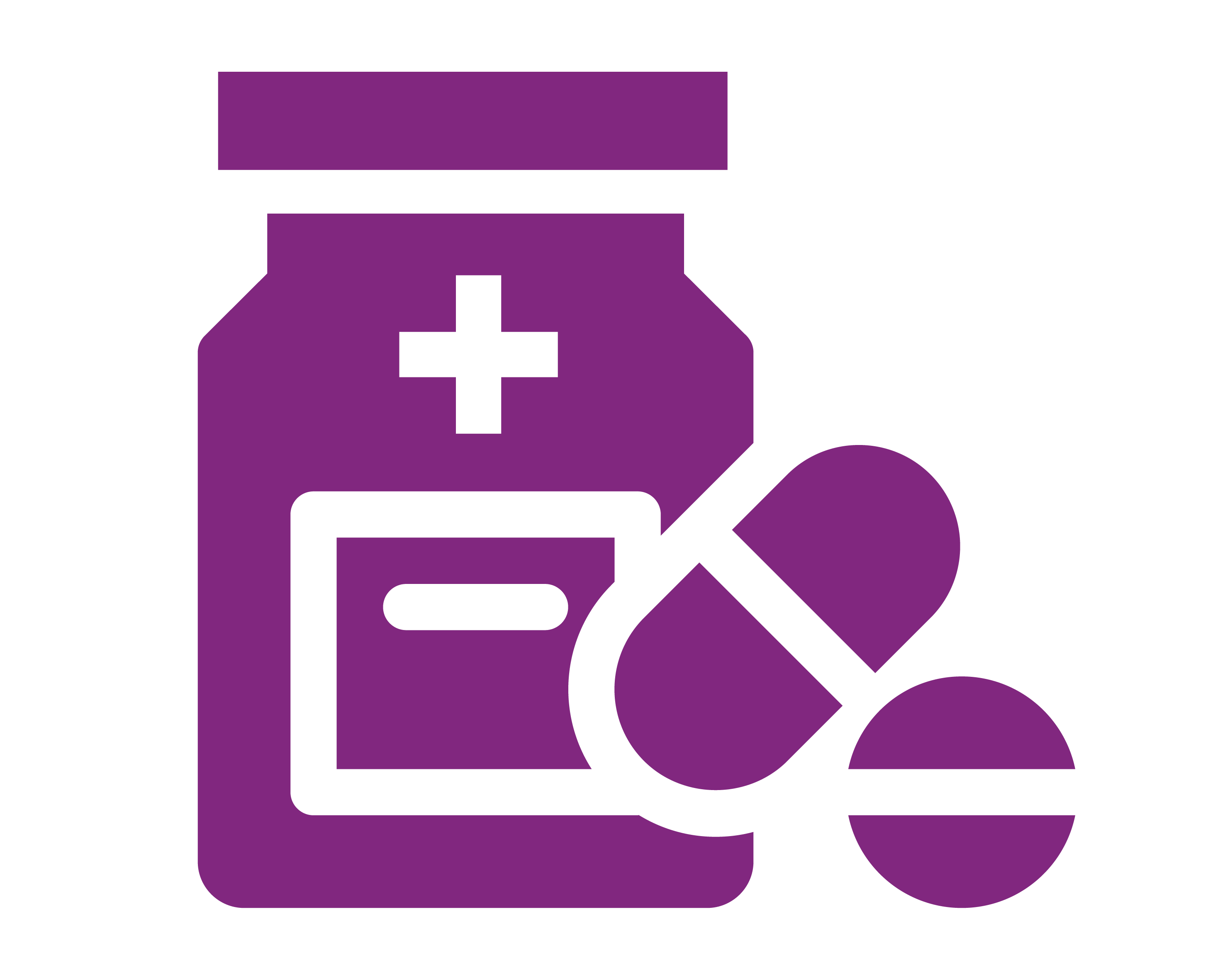The Challenge
Addiction is treatable, but recovery depends on access and care driven by innovation and the best available evidence.
Our Impact
We drive research to improve and create evidence-based, innovative treatments that transform practice and outcomes.
50+
research publications annually
$40M+
funded research grants
200+
research projects
30+
clinical trials
Major Milestones
Medication trials
Turning Point has a long history of leading clinical trials that transform addiction treatment, advancing evidence-based care across Australia and internationally. Our researchers have tested new medications and novel compounds, building a robust evidence base to improve outcomes for people affected by addiction.
One of the clearest examples is our pioneering work with buprenorphine. In 2002, we conducted a landmark trial introducing buprenorphine as a treatment for opioid use disorder, shaping national treatment guidelines and expanding access to safer, more effective therapies. More than 15 years later, we again led the way as part of a national trial of monthly injectable buprenorphine, the first study worldwide to demonstrate improved quality of life. This breakthrough freed people from the burden of daily pharmacy visits, replacing them with a monthly clinic appointment.
Our clinical trials program continues to break new ground, ensuring people affected by alcohol, drug, and gambling problems can benefit from innovative, evidence-based treatments that are accessible, effective, and life-changing.
Developing psychological interventions
Turning Point has conducted a wide range of trials to develop and test new psychological therapies to improve outcomes for people experiencing alcohol and other drug problems. These studies have evaluated cognitive and behavioural interventions, digital tools, and models of care that expand access and strengthen treatment effectiveness.
In 2006, we developed and trialled PsyCheck, a brief intervention that introduced routine mental health screening into addiction treatment settings. This innovation improved the ability of frontline services to identify and address co-occurring mental health needs.
More recently, our Ready2Change program has tested the effectiveness of telephone-based psychological support. Results have built a strong body of evidence demonstrating that such interventions can help people with alcohol and drug use problems, particularly by overcoming barriers of distance, stigma, and accessibility.
Through these and other psychological trials, Turning Point continues to lead the way in designing evidence-based interventions that are practical, scalable, and able to meet people where they are.
Pioneering digital interventions
Our researchers lead world-first studies that create new ways for people to access treatment. A key example is cognitive-bias modification (CBM), a form of neurocognitive training that reduces people’s tendency to focus on cravings and cues, supporting recovery and reducing relapse.
Turning Point has pioneered digital CBM tools delivered through computers, smartphones, and virtual reality, removing barriers such as stigma, distance, and cost. These studies have shown that CBM is both feasible and effective, helping thousands of people engage in treatment in new and accessible ways. By embedding cutting-edge neuroscience into everyday technology, we are reshaping the future of addiction care and making personalised, evidence-based support available anytime, anywhere.
For more details, read the Impact Story below.
Harnessing peer support
At Turning Point, we know lived experience changes lives. Our research shows peer workers, drawing on their own recovery journeys, can break down stigma, build trust, and inspire people to take the first vital step towards treatment. In one project, peers engaged directly with callers to our DirectLine service, helping people build motivation to seek further support.
Building on this success, we have tested digital tools—such as the REC-CAP program—that enable peers to map community connections and recovery supports with clients leaving residential withdrawal services. By developing tailored recovery plans, peers help people stay connected, strengthen their recovery capital, and sustain long-term change. These innovations demonstrate that peers do more than complement treatment, they transform it, improving outcomes for individuals, families, and communities.
IMPACT STORY
Swiping away alcohol cravings through brain training
Having access to a smartphone-delivered intervention can help people manage cravings whenever they arise.
Prof. Victoria Manning
Led by Professor Victoria Manning, Head of Research and Workforce Development, Turning Point has been a global leader in advancing cognitive-bias modification (CBM) training to support recovery from addiction. Delivered via mobile phone apps, CBM overcomes barriers such as stigma, cost, and distance, making evidence-based care available anywhere.
To date, more than 4000 people have participated in CBM trials led by Turning Point. In collaboration with 20 national and international research sites, Professor Manning and her team have conducted 12 studies and attracted over $4 million in competitive funding, including major grants from the NHMRC.
A standout innovation is the SWiPE Brain Training app, a world-first program that allows users to “swipe left” on alcoholic drinks or brands they want to avoid, and “swipe right” on positive, motivational images such as family, hobbies, or life goals. This personalised approach helps retrain the brain, reduce cravings, and strengthen recovery motivation.
Links: New app helping to reduce alcohol consumption
Download a postcard of this impact area
